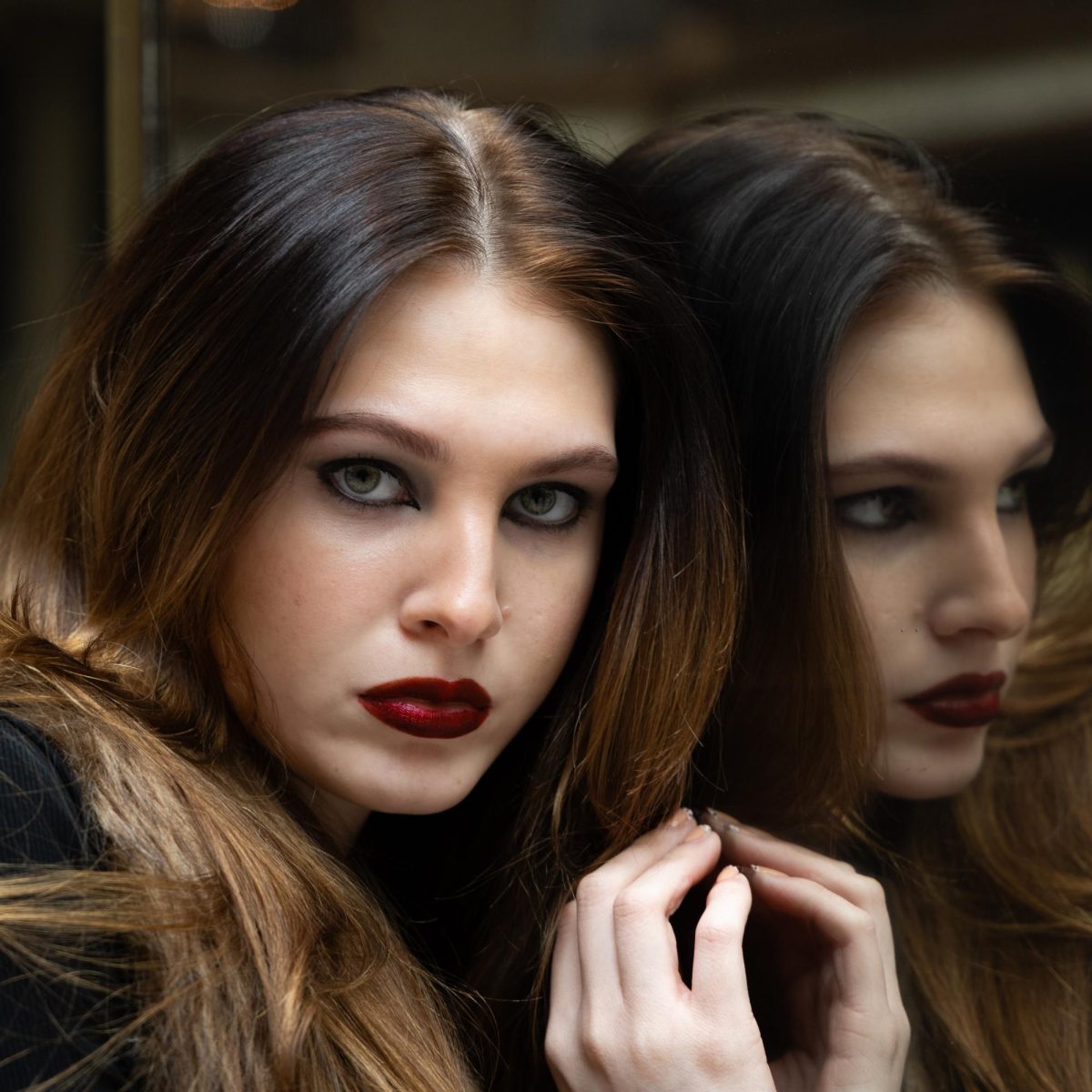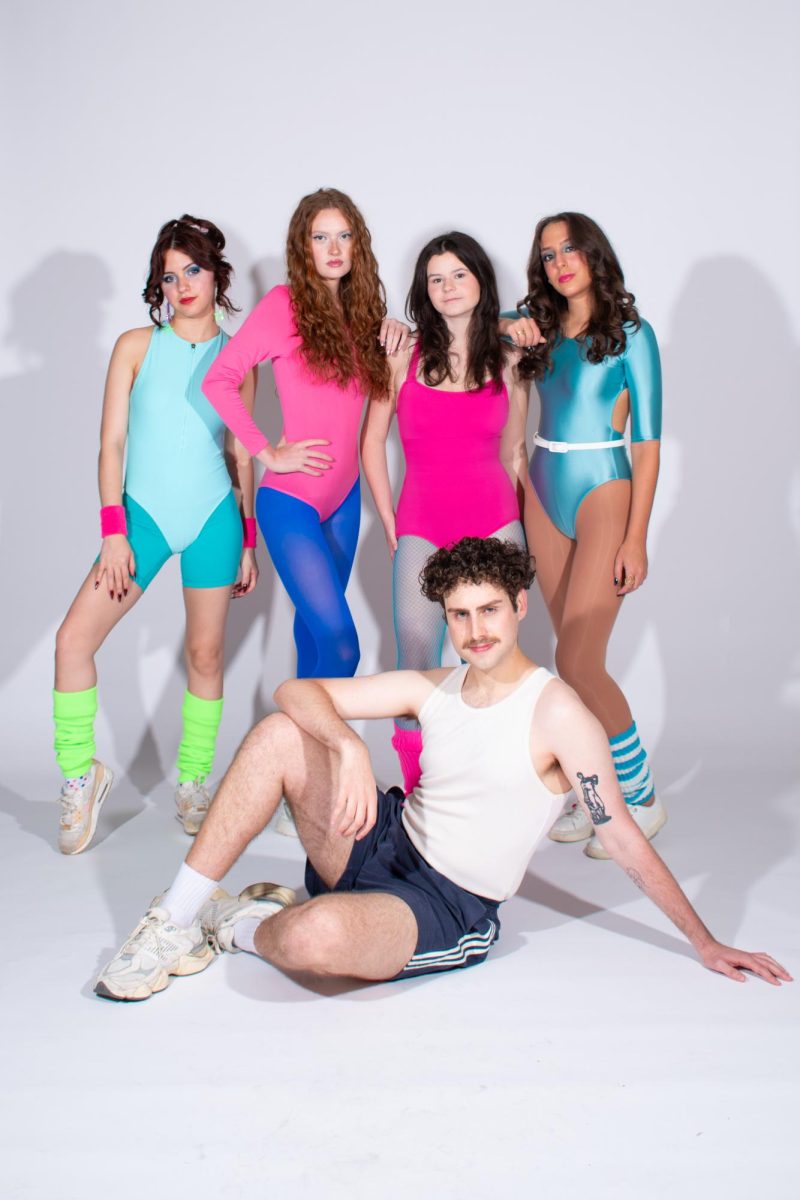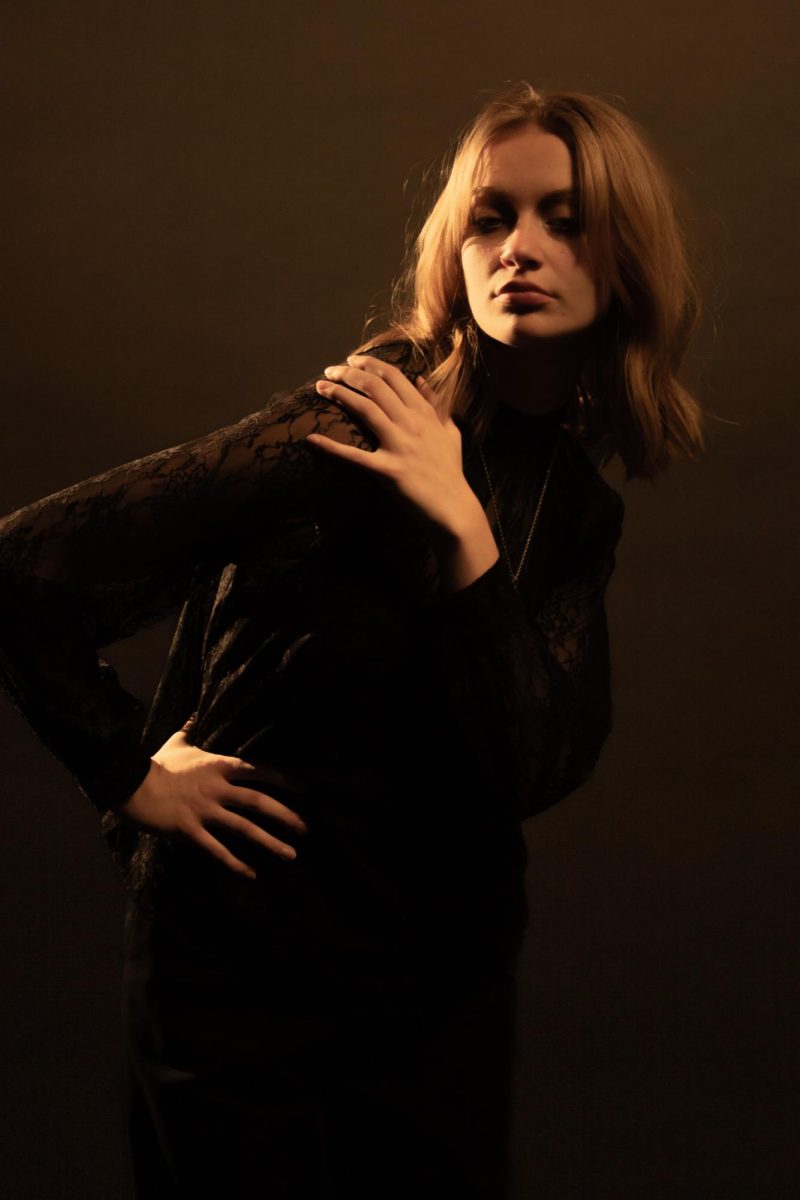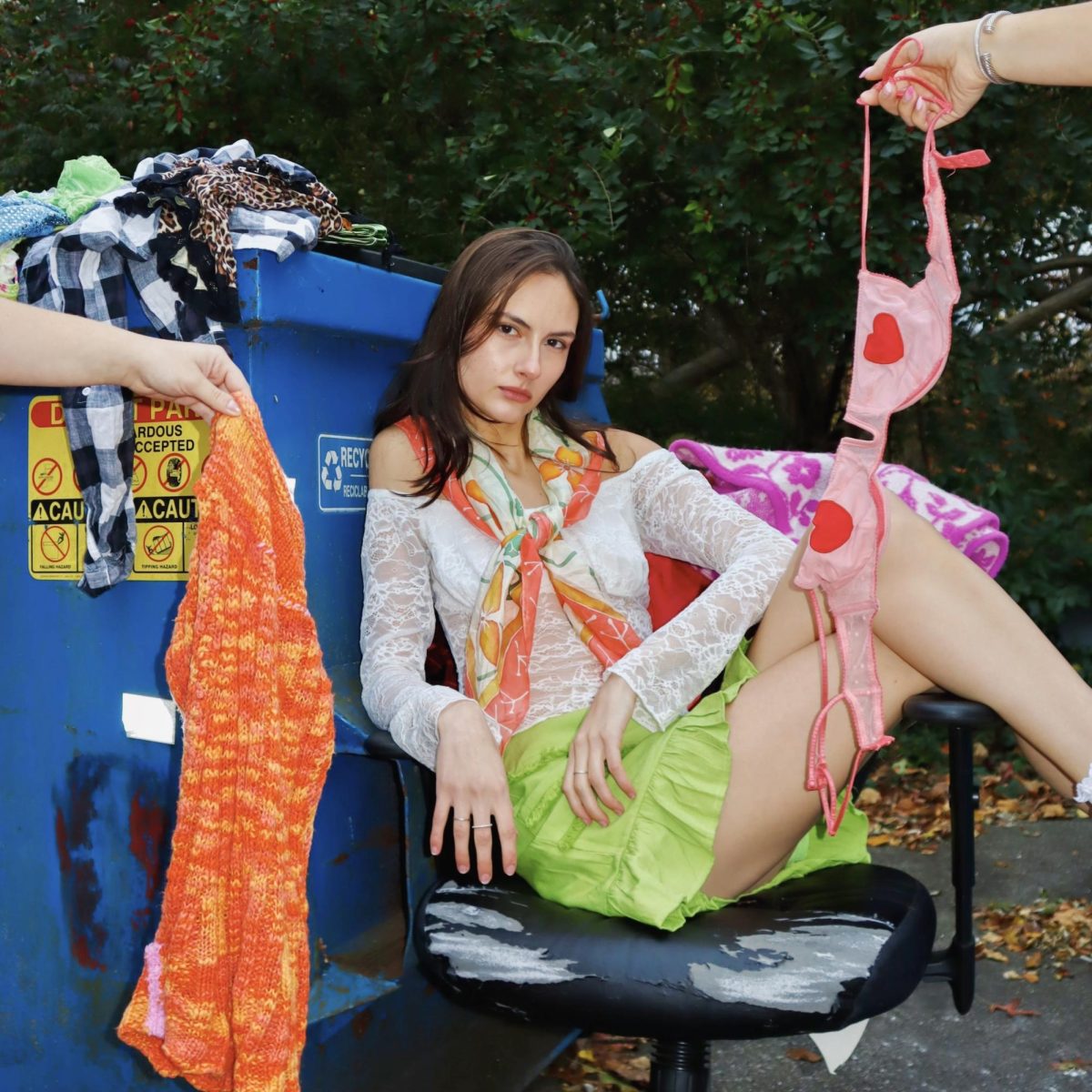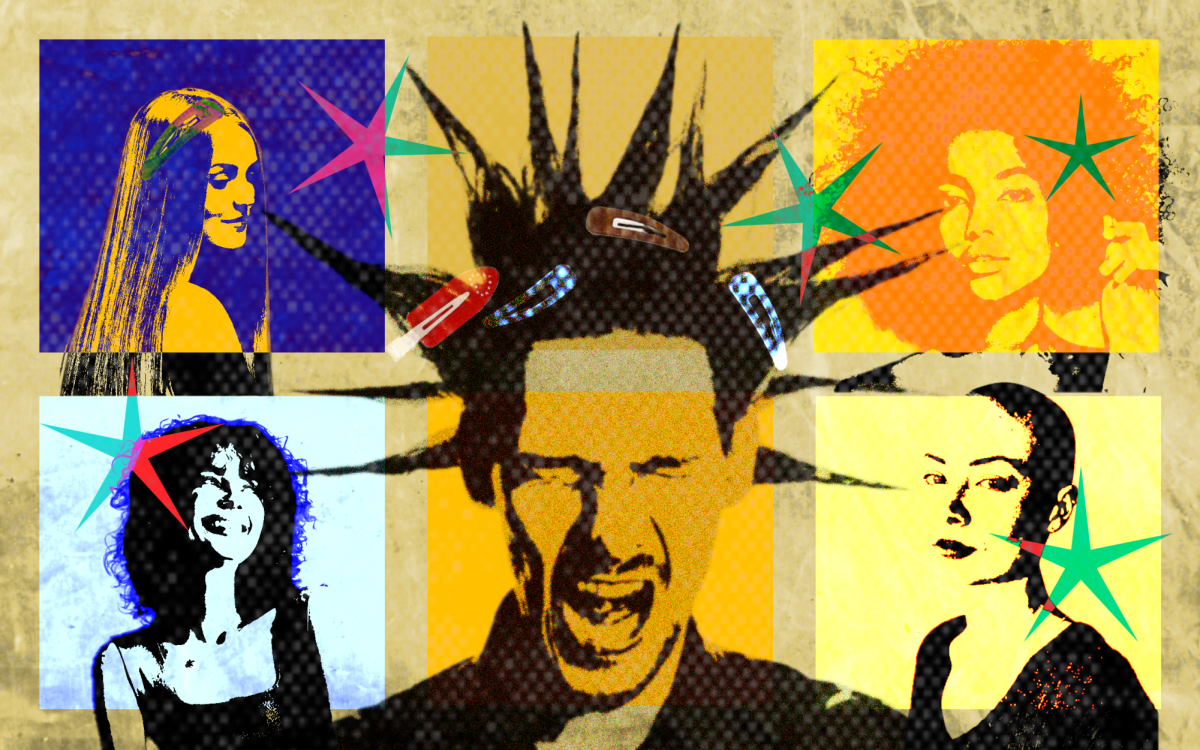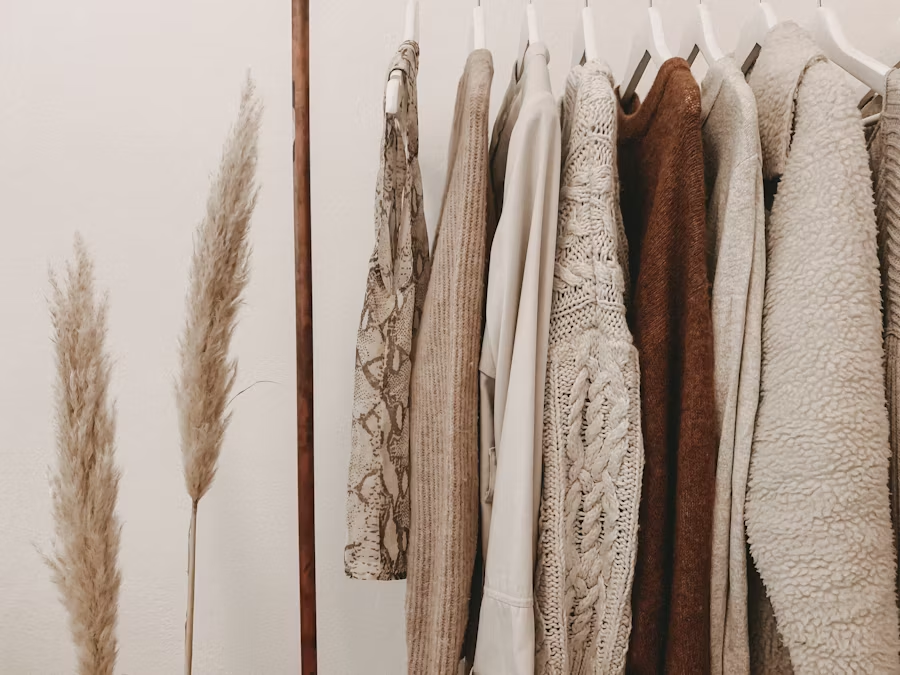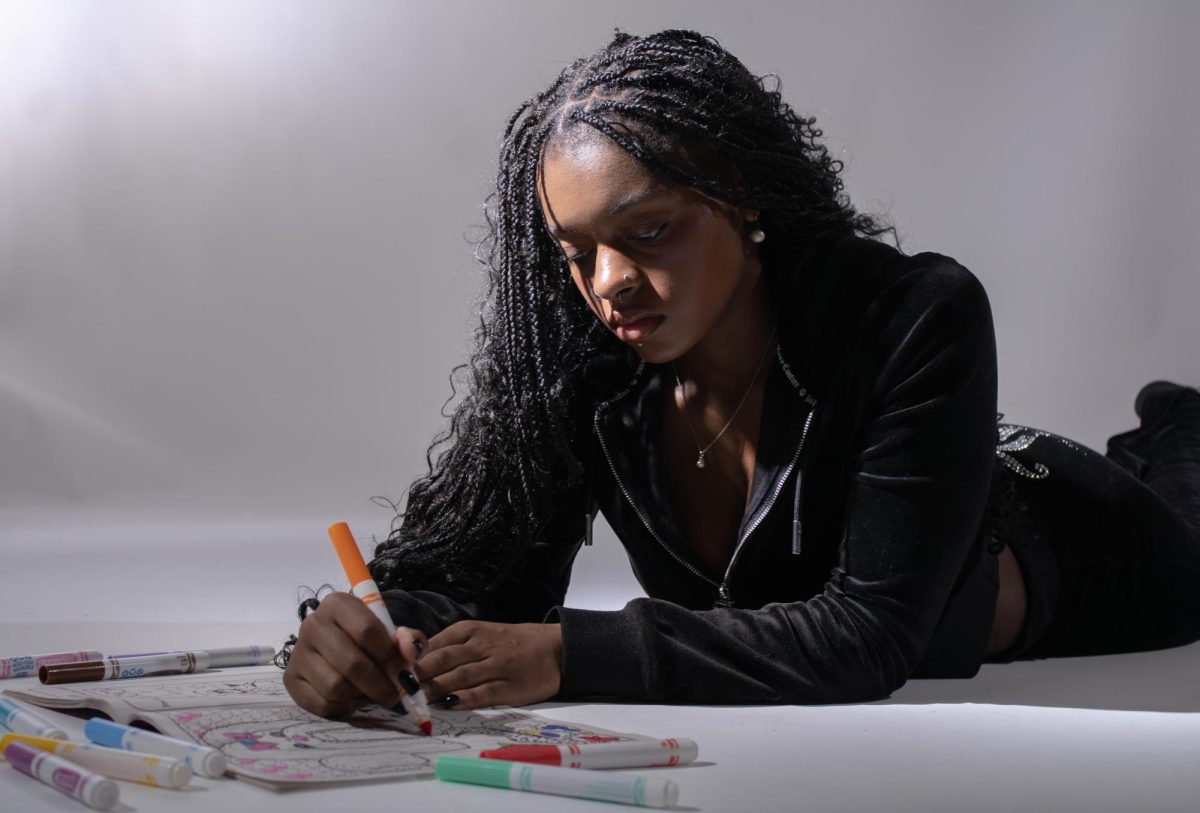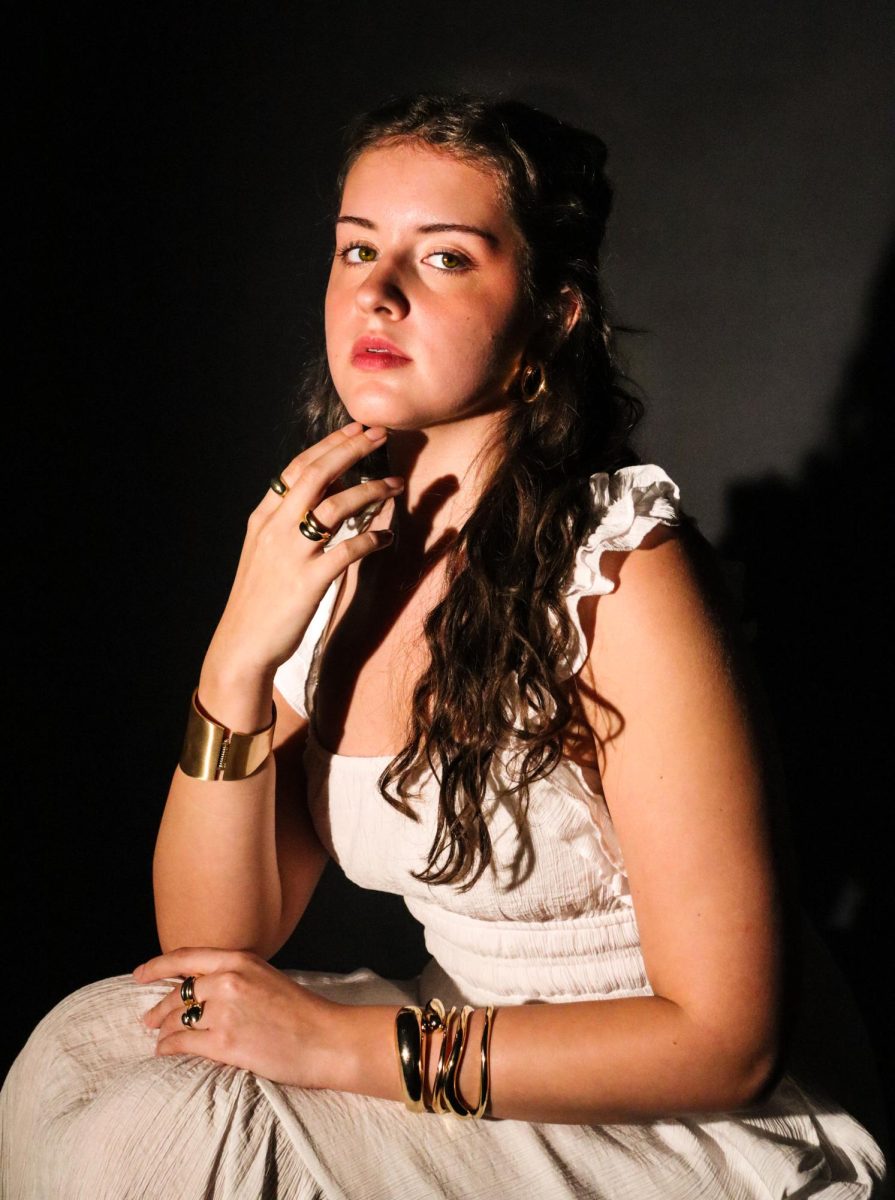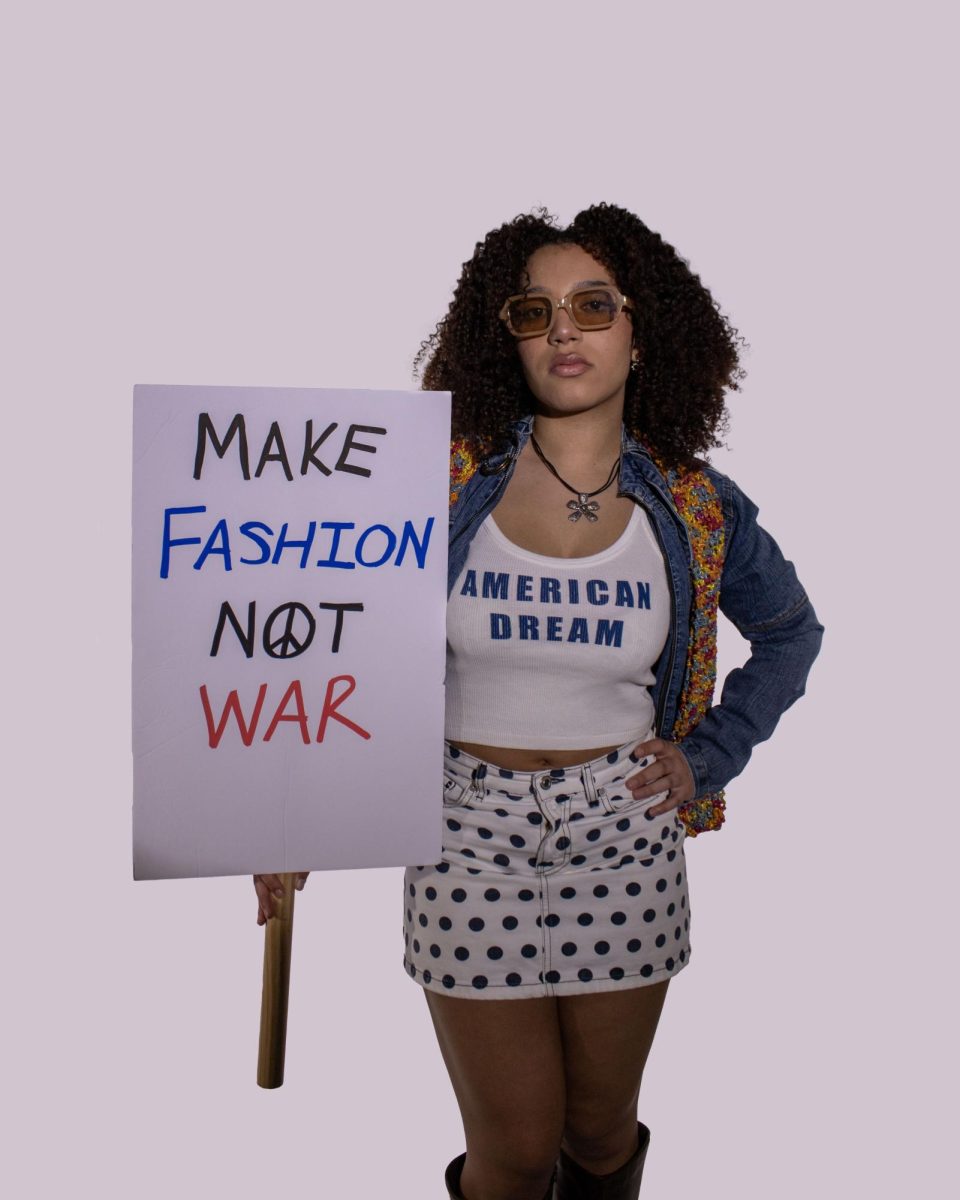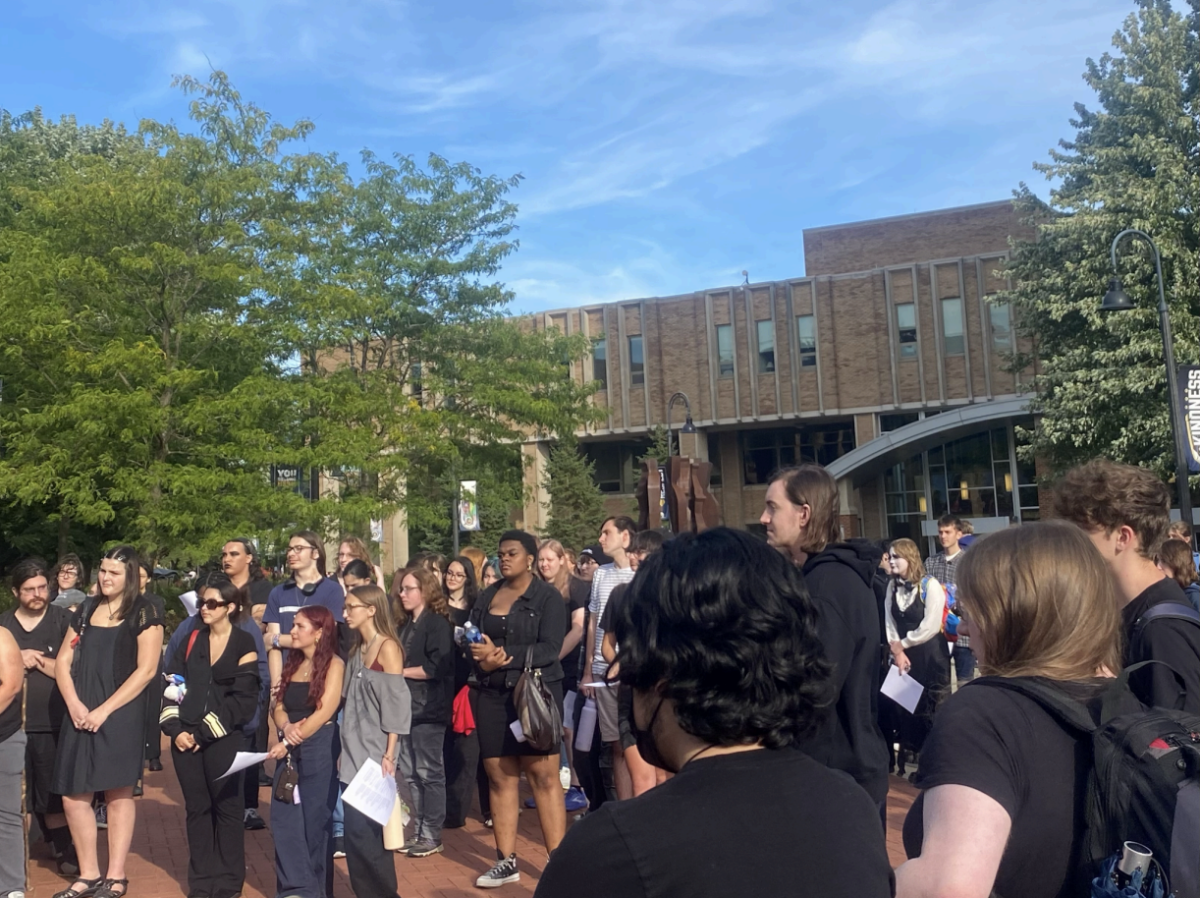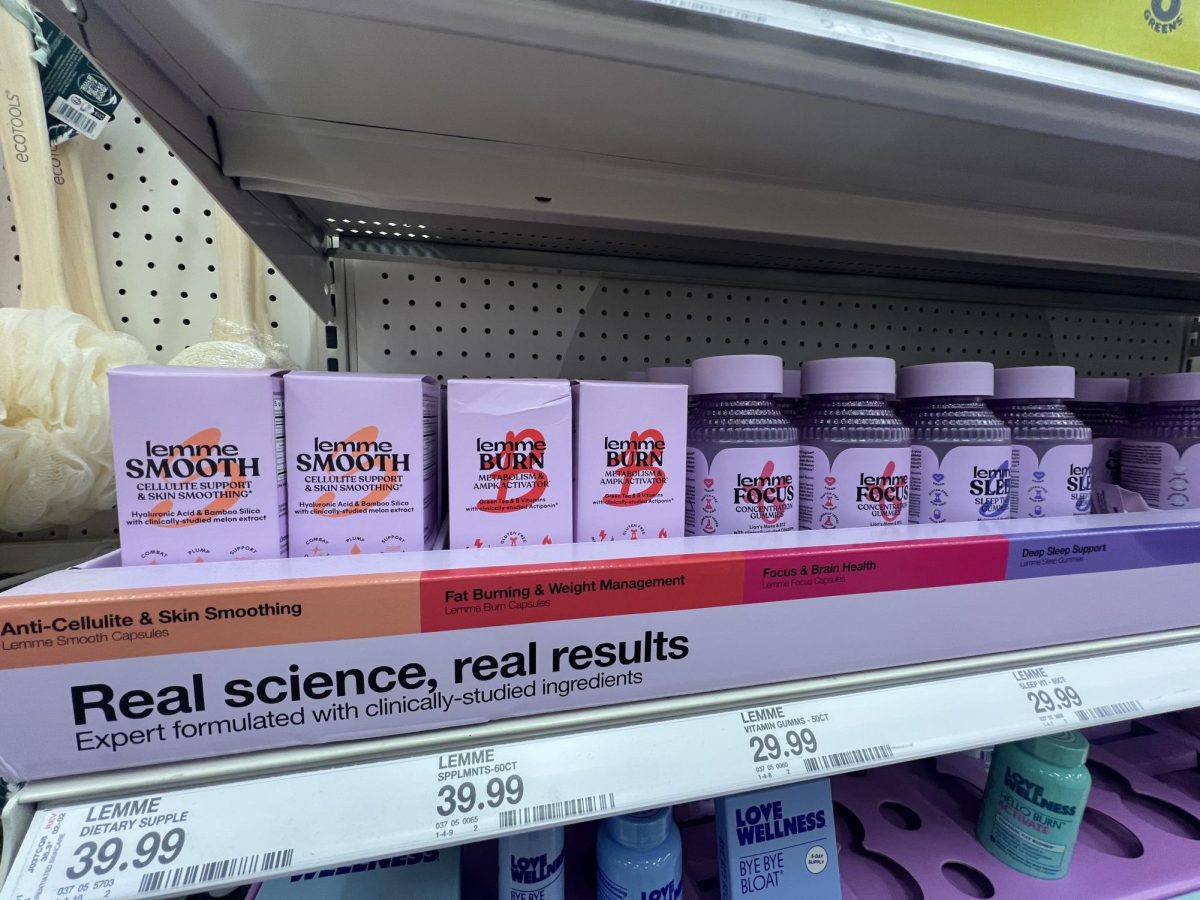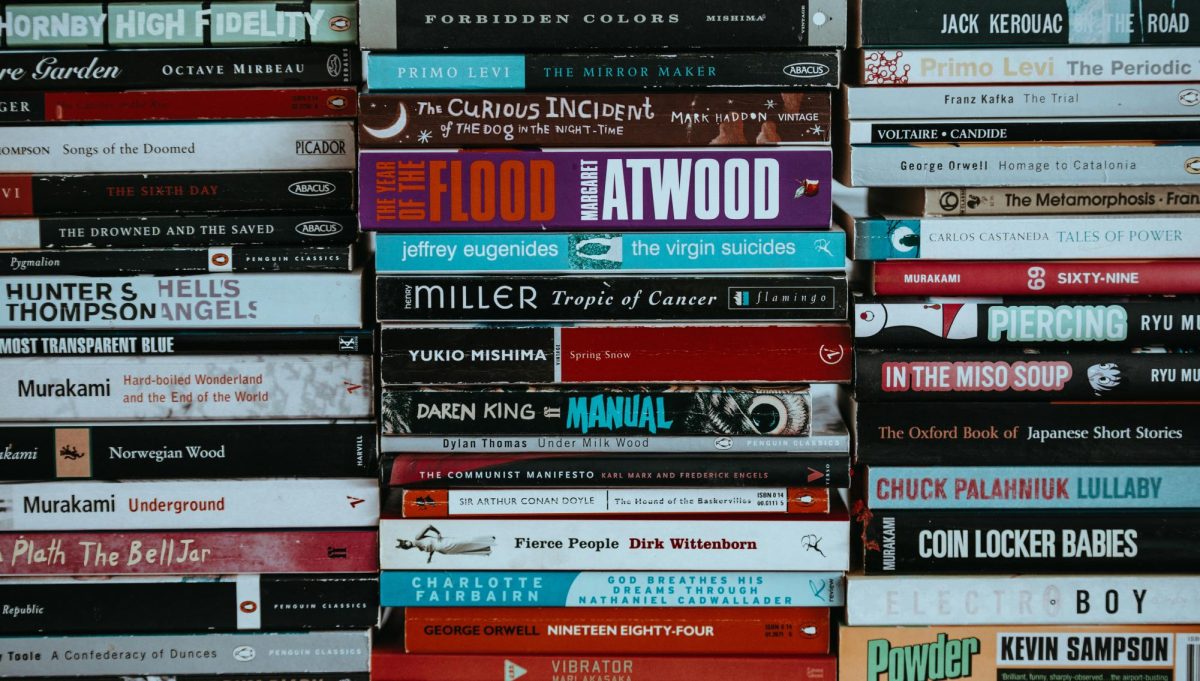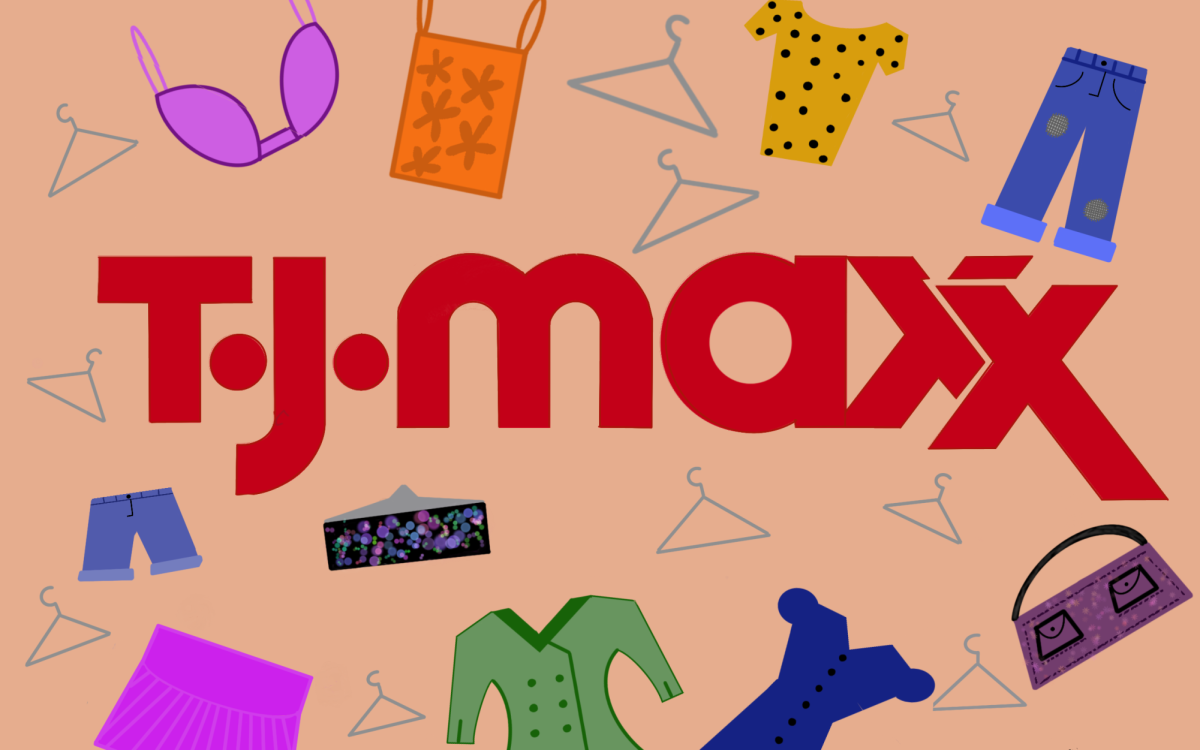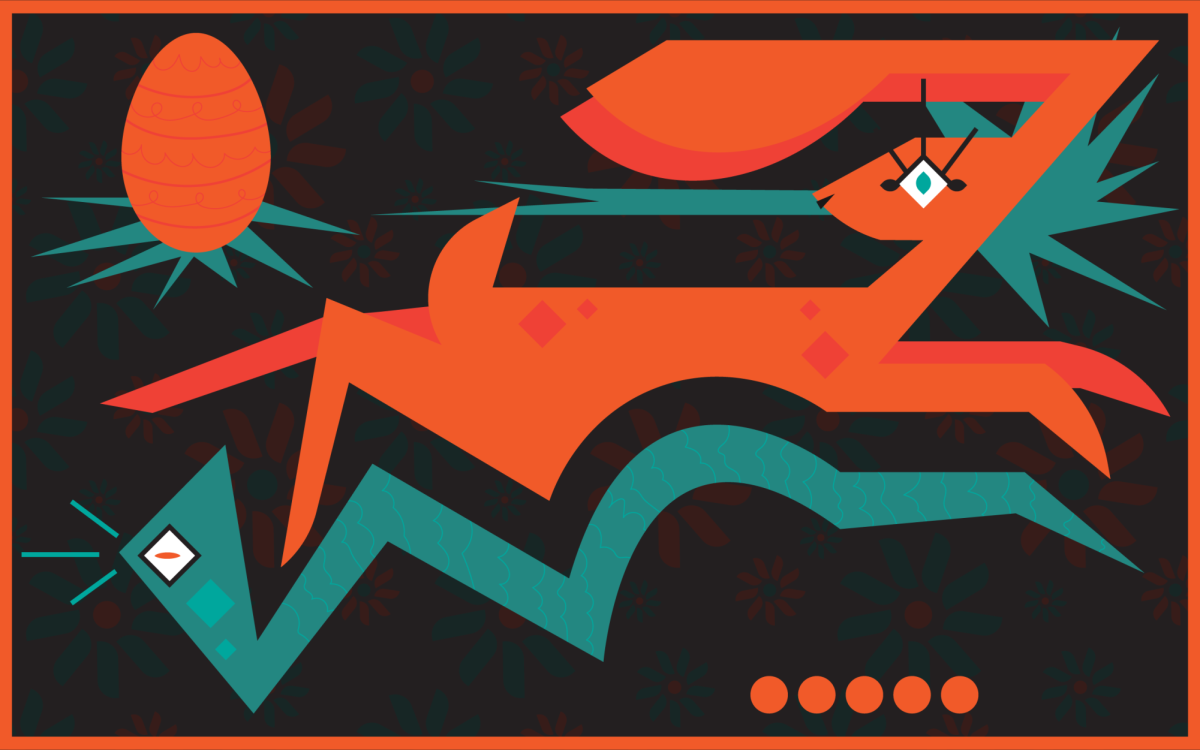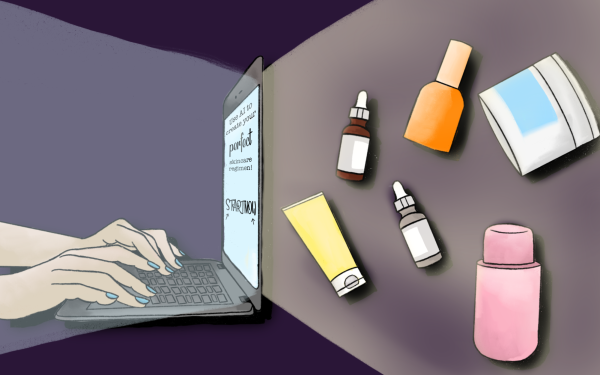
Finding the right skincare and makeup products for your skin type can be challenging – especially when you don’t know what any of the terms mean or what they do. Glycolic acid, ceramides, retinol, comedogenic – all wordy terms included in many skincare products, but they are foreign to many people.
Makeup is like rocket science – knowing your undertones, eye shape, face shape and so many other aspects take lots of experimenting. Not many people have the time to research products, dissect these terms, read reviews or figure out what will be compatible with their features; however, artificial intelligence (AI) is making this process easier to navigate.
AI popularity has skyrocketed within the last couple of years, and every industry has faced the challenge of adapting to the omniscient portal of information – even the beauty industry. Big players in beauty, such as L’Oréal, Sephora, Neutrogena and several others, have different approaches on how to utilize AI and its benefits.
In 2020, L’Oréal launched “Skin Genius,” which is a system that tailors product recommendations to the user’s skin type. All a user must do is take a selfie with a bare face in natural lighting – and AI takes over from there.
“Skin Genius” analyzes eight attributes: fine lines, wrinkles, eye wrinkles, firmness, pore quality, pigmentation and radiance. After the scanning procedure, the system refers to which eight attributes portray strengths and areas of focus, which then generates a personalized skincare routine for the user.
The AI generated skincare assistant was ahead of its time; however, L’Oréal managed to create another AI generated tool even more powerful and revolutionary. Just last year, L’Oréal enhanced “Skin Genius” by introducing “Beauty Genius” to the AI battle in the beauty industry.
Like ChatGPT, “Beauty Genius” is a search engine that allows users to ask any beauty related questions and take selfies to receive top-tier, personalized recommendations from the system.
The recent development is a powerhouse of tailored beauty advice; not only does the resource deliver helpful insight on skincare, but it also provides hair care and makeup recommendations.
Because the truth is: beauty and cosmetics are an investment, and they demand research, time and money. After that, it’s evaluating if the product actually works and meshes with the consumer’s existing routine; however, newly developed AI tools, like “Beauty Genius,” allow consumers to preserve time and save money when investing in beauty products.
Users of “Beauty Genius” have been pleased with the results – even makeup artists and dermatologists applaud the AI generated beauty guru.
L’Oréal is known as a remarkable giant in the beauty industry, and their recent AI developments have given the European empire even more credibility than ever before.
Several other big names are building AI powered technology in hopes of wowing beauty fanatics everywhere: Neutrogena’s “Skin360,” Clinique’s “ClinicalReality” and Ulta Beauty’s “GLAMlab” are other tools that emulate similar approaches to the AI craze in the cosmetics industry.
Beauty brands have shown the advantages AI can serve to consumers, but AI is also helping the marketing masterminds behind the scenes understand the newest beauty trends and what consumers want next – even if they don’t know it yet.
Last year, Estée Lauder elevated their role in the industry by partnering with Microsoft 365 Copilot to integrate an AI resource, ConsumerIQ, into the company’s product development and trend forecasting framework.
The company isn’t just focused on providing shiny, new AI tools to their consumers, but they are also focusing on how to tailor existing products to current trends through AI. ConsumerIQ assesses previous data along with the prominent beauty trends on social media and then delivers the information to Estée Lauder employees.
In a recent Microsoft article, Estée Lauder business partner Shilpa Niranjan said, “I don’t have to read through 300 documents anymore. I just ask the question and it goes in precisely and runs through the entire data set and then gives me the answer.”
Implementing AI into Estée Lauder’s research and data system allows employees to focus on strategy and implementation rather than digging through endless documents and files, making marketing techniques even faster and more efficient than ever.
For years, businesses and companies everywhere shared the same weakness: personalizing customer experience for different types of consumers. According to a 2018 study done by Accenture, the top challenge for businesses was uniquely serving everyone without overwhelming everyone, which is especially crucial for the beauty industry.
Now that beauty brands have realized AI is a friend rather than a foe, the innovative race is on and the AI frenzy is here to stay.
Whether it be internally or externally, AI is changing how the beauty industry operates everywhere – and it’s up to brands to get creative and differentiate themselves from the rest.
Support Student Media
Hi! I’m Kayla Friedman, A Magazine’s editor-in-chief. My staff and I are committed to bringing you the most important and entertaining news from the realms of fashion, beauty and culture. We are full-time students and hard-working journalists. While we get support from the student media fee and earned revenue such as advertising, both of those continue to decline. Your generous gift of any amount will help enhance our student experience as we grow into working professionals. Please go here to donate to A Magazine.

